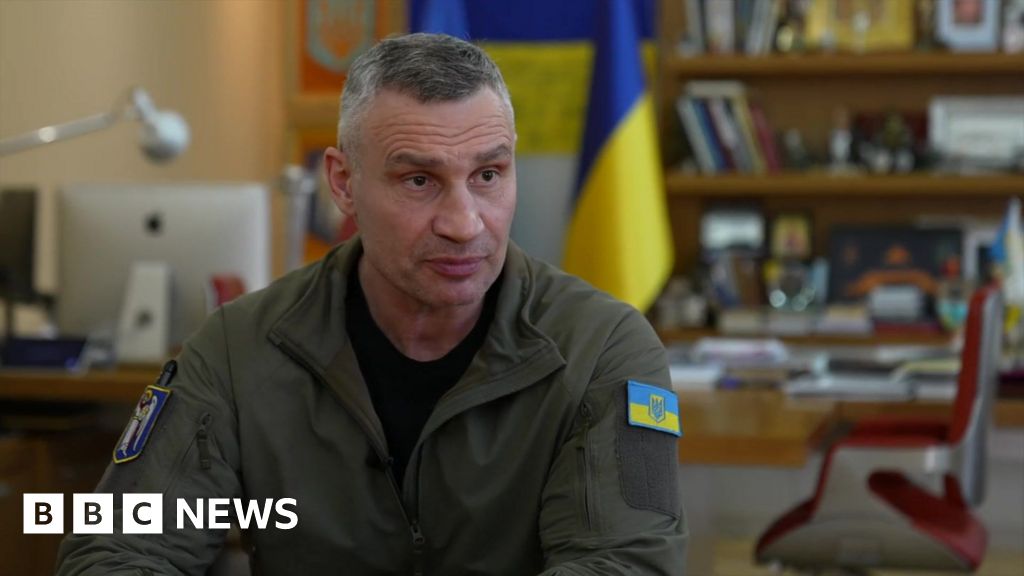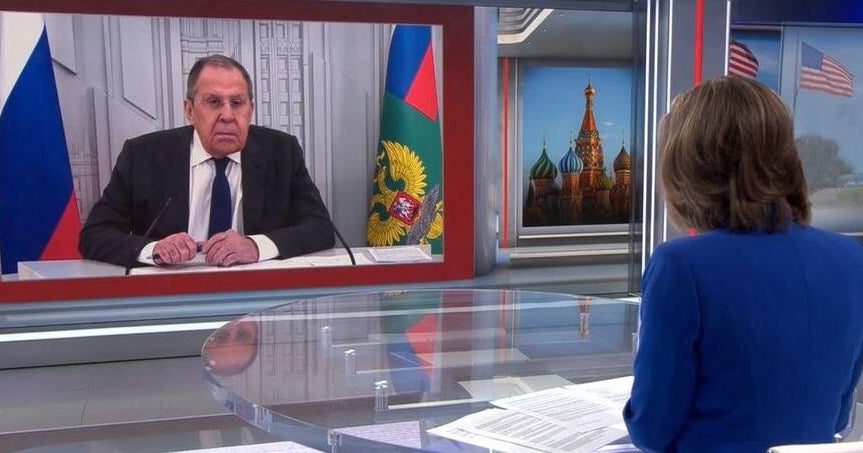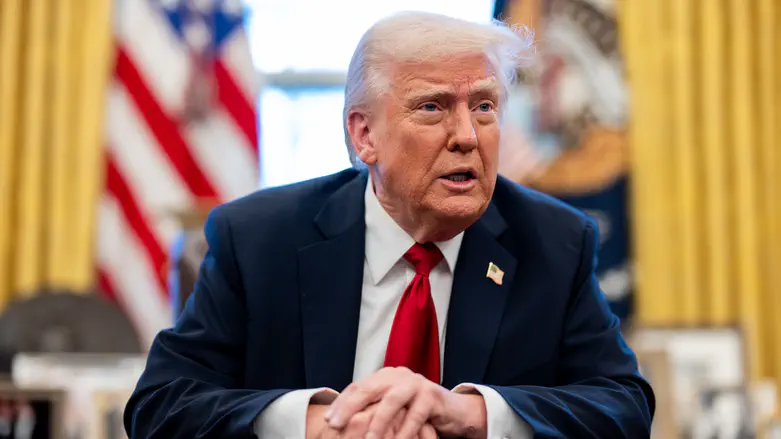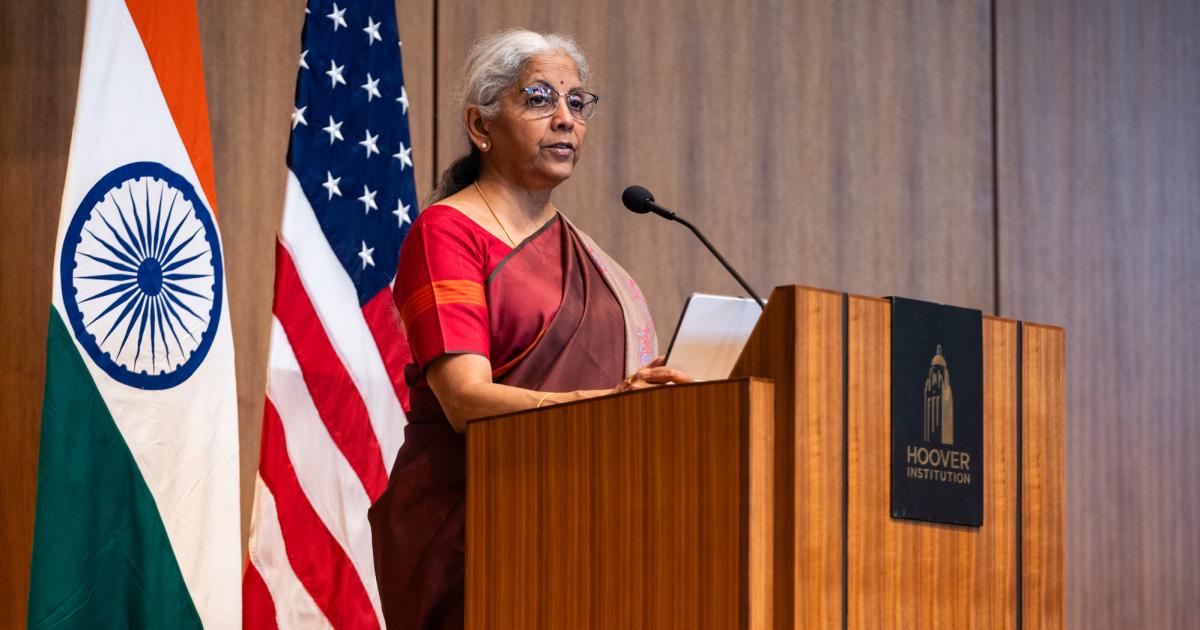Pakistan Threatens to Suspend Bilateral Agreements with India Amid Rising Tensions

On Thursday, Pakistan issued a stern warning that it may suspend all bilateral agreements with India, including the pivotal 1972 Simla Agreement. This announcement came amid escalating tensions between the two nations, with Pakistan asserting that any attempt by India to disrupt or divert the flow of water as stipulated under the Indus Waters Treaty would be regarded as an "act of war." In a swift response, India reaffirmed its position, stating that Pakistan had violated the conditions of the treaty.
In a move characterized as retaliatory, India closed its airspace to flights owned or operated by Indian entities, expelled several Indian diplomats from its territory, and suspended all visas issued to Indian citizens. This series of actions followed an announcement from the Narendra Modi administration, which outlined various diplomatic measures against Pakistan, accusing it of complicity in a recent terrorist attack near Pahalgam that claimed the lives of at least 26 civilians.
Simultaneously, New Delhi revealed that it had halted visa services for Pakistani nationals effective immediately. The Prime Minister's Office in Pakistan, citing the Waqf Act, rejected India's allegations and declared, "Pakistan shall exercise the right to hold all bilateral agreements with India, including but not limited to the Simla Agreement, in abeyance, until India ceases its behavior of fostering terrorism within Pakistan, perpetrating transnational killings, and violating international law and UN Resolutions concerning Kashmir." This statement followed a meeting of the National Security Committee, chaired by Prime Minister Shehbaz Sharif upon his return from a visit to Turkiye.
In the diplomatic realm, India briefed envoys from the P5 nations, as well as other significant partners, including those from the G20, regarding Pakistan's involvement in the terrorist attack. Some diplomats, speaking on condition of anonymity, expressed that the briefing was "extremely useful" in comprehending the gravity of the situation. Indian officials conveyed their gratitude for the support received following the attack.
Moreover, Indias Ministry of External Affairs announced that all existing valid visas issued to Pakistani nationals would be revoked effective April 27. However, medical visas would remain valid until April 29. A day prior, the ministry had also rescinded all SAARC visas. Additionally, the Indian government strongly advised its citizens against traveling to Pakistan, stating that those currently in Pakistan should return to India at the earliest opportunity. Officials indicated that Pakistani nationals visiting India have frequently overstayed their visas and engaged in activities beyond typical tourist behavior.
The Simla Agreement, originally signed in 1972 by then-Prime Ministers Indira Gandhi of India and Zulfikar Ali Bhutto of Pakistan, aimed to resolve all disputes, including the contentious Kashmir issue, through bilateral discussions without external intervention. However, experts noted that Pakistan has consistently sought to internationalize the Kashmir matter. The ceasefire line established in Jammu and Kashmir as of December 17, 1971, was rebranded as the Line of Control (LoC) under this agreement, yet there have been numerous instances of transgressions by the Pakistan Army.
Reports indicate that Pakistan might also exercise its right to suspend nuclear confidence-building measures in light of the recent tensions. Furthermore, Islamabad announced an immediate suspension of all trade with India, including transit through any third country via Pakistani territory. Although India-Pakistan trade has been minimal since it was halted by the previous Imran Khan government in 2019, this latest decision underscores the deteriorating relations between the two nations.
Experts clarified that India's announcement does not equate to an immediate cessation of water flow to Pakistan. Under the existing Indus Waters Treaty, which was signed in 1960 and facilitated by the World Bank, India is restricted from constructing reservoir dams on the Indus, Chenab, and Jhelum rivers. Suspending the treaty could potentially allow India to undertake such constructions.
In addition to these measures, Pakistan declared the immediate closure of the Wagah Border Post, suspending all cross-border movements from India through this route without exception. Individuals who previously crossed with valid endorsements must return by April 30, according to official statements. All visas issued to Indian nationals under the SAARC Visa Exemption Scheme (SVES) have also been terminated, except for Sikh religious pilgrims. Indian citizens currently in Pakistan under this scheme are instructed to exit within 48 hours.
Reflecting Indias recent actions, Islamabad also labeled Indian defense, naval, and air advisors in Islamabad as persona non grata, directing them to leave by the end of the month. Consequently, the Indian High Commission in Islamabad will see a reduction in its staff from 55 to 30 diplomats and personnel, effective April 30.



























